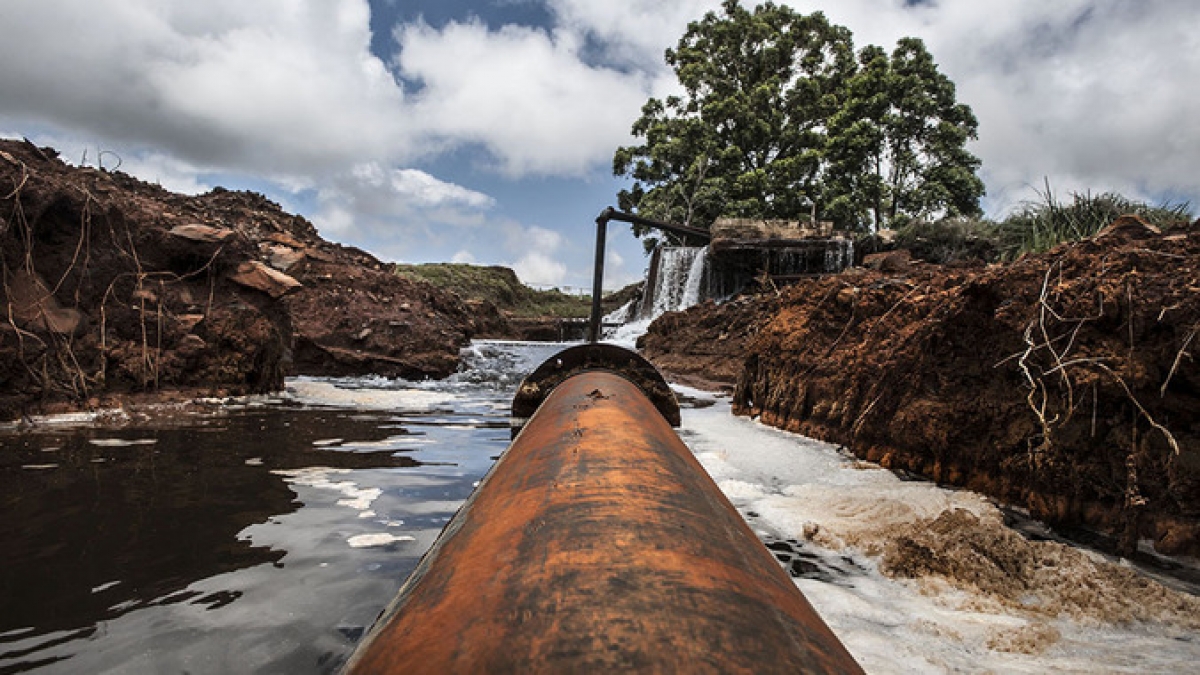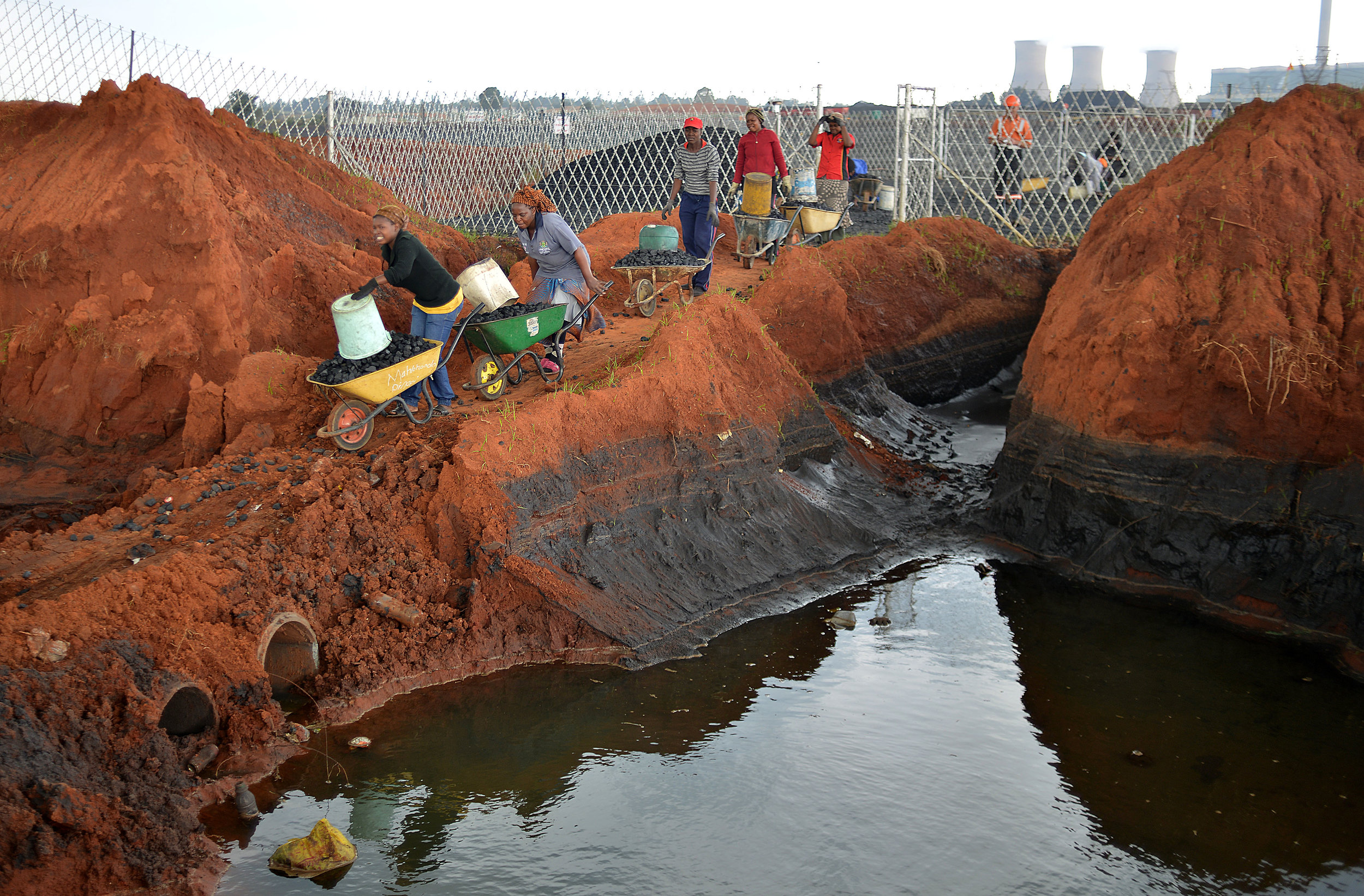Extractivism and the Ecological Crisis
As the ecological crisis deepens and given the destructive impact and role of extractivism, it is demoralising to tell people “we cannot extract” when it is the only way they see of coming out of poverty – people say “it is our turn to develop and progress”. On the other hand people and their movements are finding different ways, on the ground, of resisting dispossession.
In LA those who are resisting extractivism the most are indigenous people who are said to still “live in the dark”. We heard of a case of successful resistance to the building of a dam in Bolivia that would have had a huge impact on indigenous people in the area, on the Amazon eco-system and on the country as a whole through a massive increase on the country’s external debt. Lessons learned included:
· Intervention before the “development” started;
· Extensive research so as to know “more than the government” by being familiar with data and information gathered by appointed consultants and by pointing out contradictions;
· Shifting discussions from focussing on a local problem into a national problem. The local opposition organisation forged alliances with others (rural/urban alliance between indigenous people and urban middle classes) by drawing out interests that were common (e.g. consequences of massive increase in external debt) but also interests that were different but overlapping (violations of indigenous peoples and Mother Earth’s rights versus the destruction of forests resulting in less humidity, lower rainfall and severe water supply restrictions in urban areas);
- Organisation and actions at all levels, including on the legal side and shifting from the defensive to the offensive (indigenous people arranged a short blockade);
- We need concrete examples of resistance (and victories) against extractivism. Such cases are not enough to defeat capitalism but they present us with battles we can win and galvanise people and a movement.
In Bolivia social movements are stronger since 2000 and they have managed to stop the privatisation of water and gas. There is a link between social organisation and consciousness – in Bolivia people now want to know the energy plan for the country. While the government proclaims it is willing to shift to state owned solar plants the movements are saying these will have to be owned by communities who will become the producers.
Resistance is also being seen elsewhere. Artisanal coastal fishers in SA continue challenging the government (e.g. trying to reserve 5 nautical miles off the coast for artisanal fishers; reclaiming their traditional rights even if deemed ‘illegal”) and the trade union federation COSATU, who have investments in fisheries.
Artisanal miners, deemed “illegal miners” by law are being violently persecuted and killed. They were trained in and for mining and mining skills are often the best marketable skill they have. Made redundant when no longer needed by capital and never involved in economic decision making, mining is a way they see to confront poverty. So they are now organising and demanding their right to work.
A successful struggle against beach grabbing in Mauritius fought by a coalition of activists and communities who put forward their own proposals for “development” (eco-tourism jobs, solar energy farms also used to power buses, vegetable gardens, etc.).



